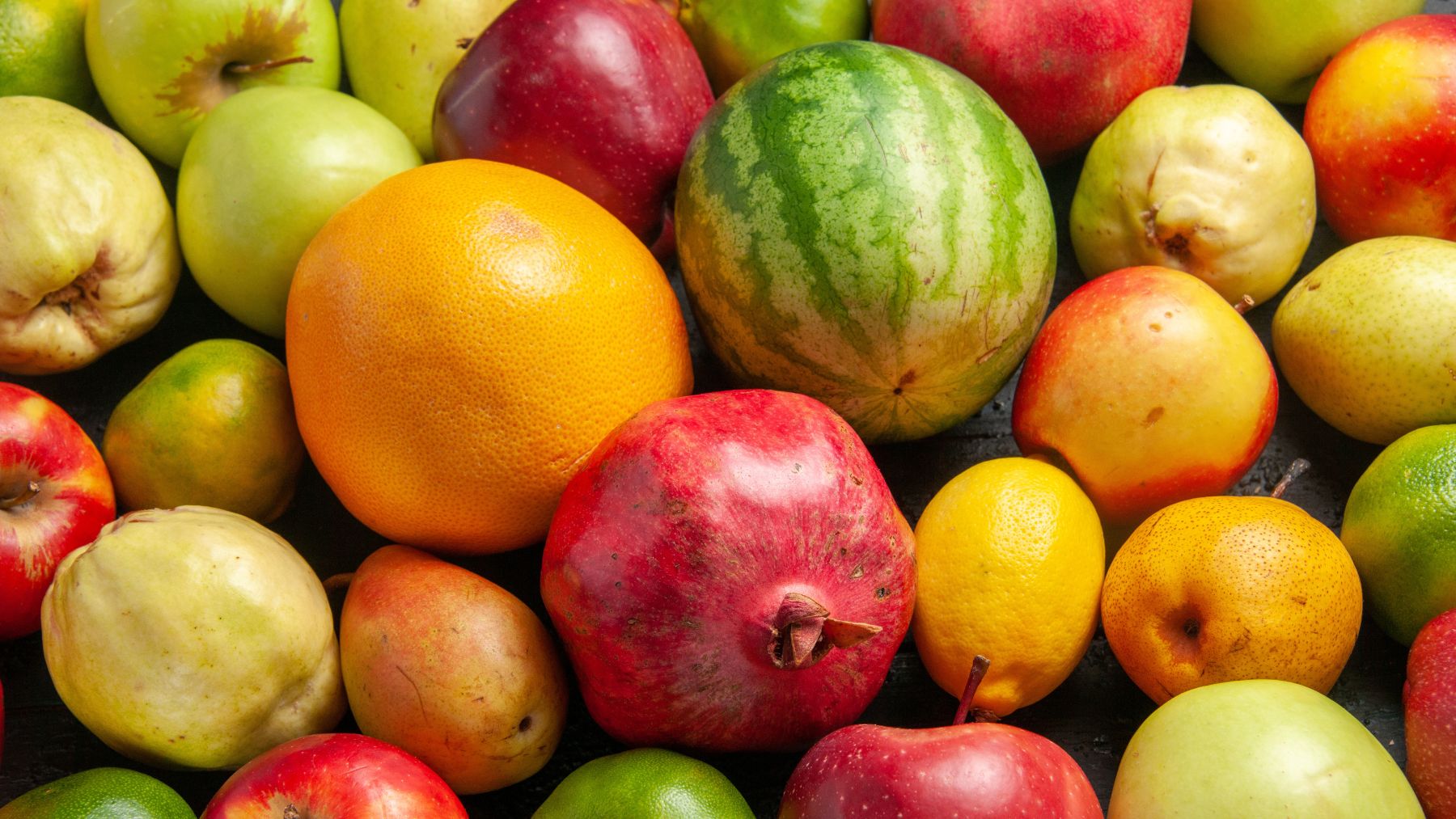Water is the foundation of hydration, but it isn’t the only way to replenish your body’s fluid levels. Certain fruits naturally contain large amounts of water, along with electrolytes, vitamins, and minerals that help you stay hydrated longer. Experts explain that eating the right fruit can sometimes be even more effective than drinking water alone.
When you consume foods high in water, fiber, and nutrients, your body retains fluids more efficiently. This means you can boost hydration levels while also fueling your system with antioxidants and essential minerals. Among the many hydrating foods, one fruit stands out for its impressive combination of water content, flavor, and health benefits.
Which fruit hydrates better than water?
That fruit is the peach. Containing around 88% water, peaches are not only sweet and refreshing but also rich in vital nutrients that help the body stay hydrated and balanced. Their juicy flesh provides fiber, vitamins A, B, and C, beta-carotene, and potassium, all of which contribute to electrolyte balance and overall wellness.
A cup of sliced peaches has about 66 calories and 2 grams of fiber per medium fruit, making it a light yet nourishing option. The soluble fiber in peaches helps maintain healthy digestion, supports gut health, and can even aid in lowering blood pressure and cholesterol levels.
What makes peaches particularly special is their mix of antioxidants—especially flavonoids and anthocyanins—that help protect cells against oxidative damage. These compounds support skin elasticity and heart health, while their natural sugars and minerals promote gentle hydration without spiking blood sugar levels.
Other fruits that help you stay hydrated
If you want to add variety to your hydration routine, several other fruits also provide high water content and key nutrients. Here are some of the best options to include in your daily meals:
- Cucumbers (96% water): Technically a fruit, cucumbers are one of the most hydrating foods available. They supply vitamin K, folate, potassium, and magnesium, all essential for electrolyte balance. Their crisp texture makes them great in salads or infused water.
- Tomatoes (94% water): Often mistaken for vegetables, tomatoes are hydration powerhouses. They contain vitamins A, C, and K, along with lycopene and magnesium, which help muscles recover after physical activity.
- Watermelon (92% water): True to its name, watermelon delivers both fluids and citrulline, an amino acid that supports healthy blood flow. It’s ideal for hot days and provides fiber, vitamin A, and potassium.
- Strawberries (92% water): Sweet yet low in glycemic index, strawberries hydrate while providing vitamin C, manganese, and powerful antioxidants that protect cells from damage.
- Grapefruit (90% water): A tangy fruit rich in vitamins A and C and polyphenols, known for their anti-inflammatory effects. However, those on prescription medications should check for potential interactions before consuming grapefruit regularly.
- Cantaloupe (90% water): This melon offers hydration with a dose of beta-carotene and vitamin A. Its creamy texture makes it perfect for smoothies, sorbets, or light snacks.
- Cranberries (87% water): Whole cranberries—not the dried kind—are rich in fiber, vitamin E, and manganese, and may help support urinary tract health thanks to proanthocyanidins.
- Pineapple (87% water): With a tropical flavor, pineapple provides vitamin C, vitamin B6, copper, and potassium, which help replenish lost minerals and reduce fatigue.
- Raspberries (87% water): Don’t be fooled by their size—raspberries are loaded with vitamins B, C, and E, magnesium, phosphorus, and antioxidants that promote hydration and aid digestion.
Incorporating these fruits into your daily meals or snacks is an easy and delicious way to stay hydrated. You can mix them in smoothies, enjoy them fresh, or pair them with yogurt for an added boost of nutrients.

